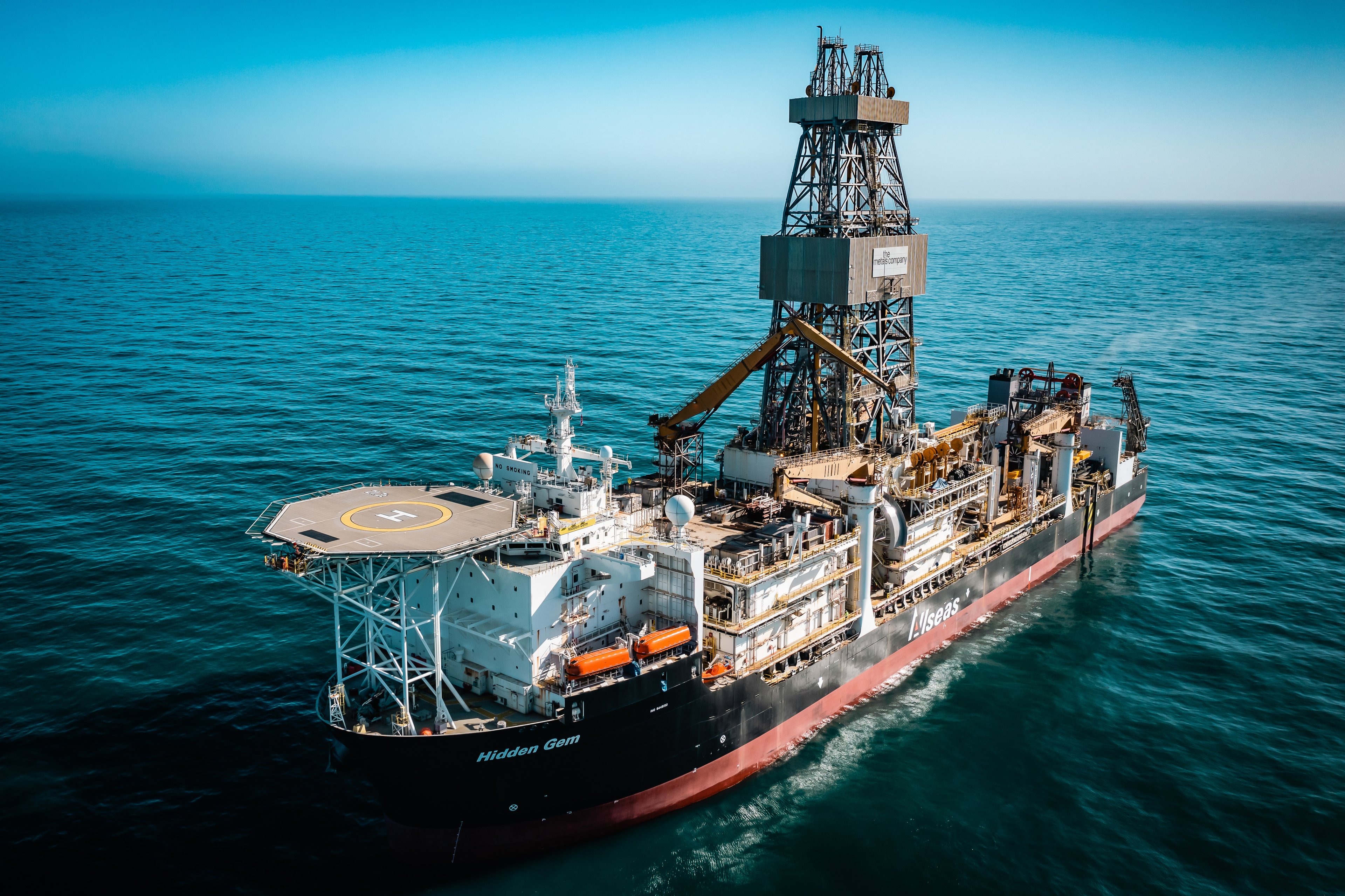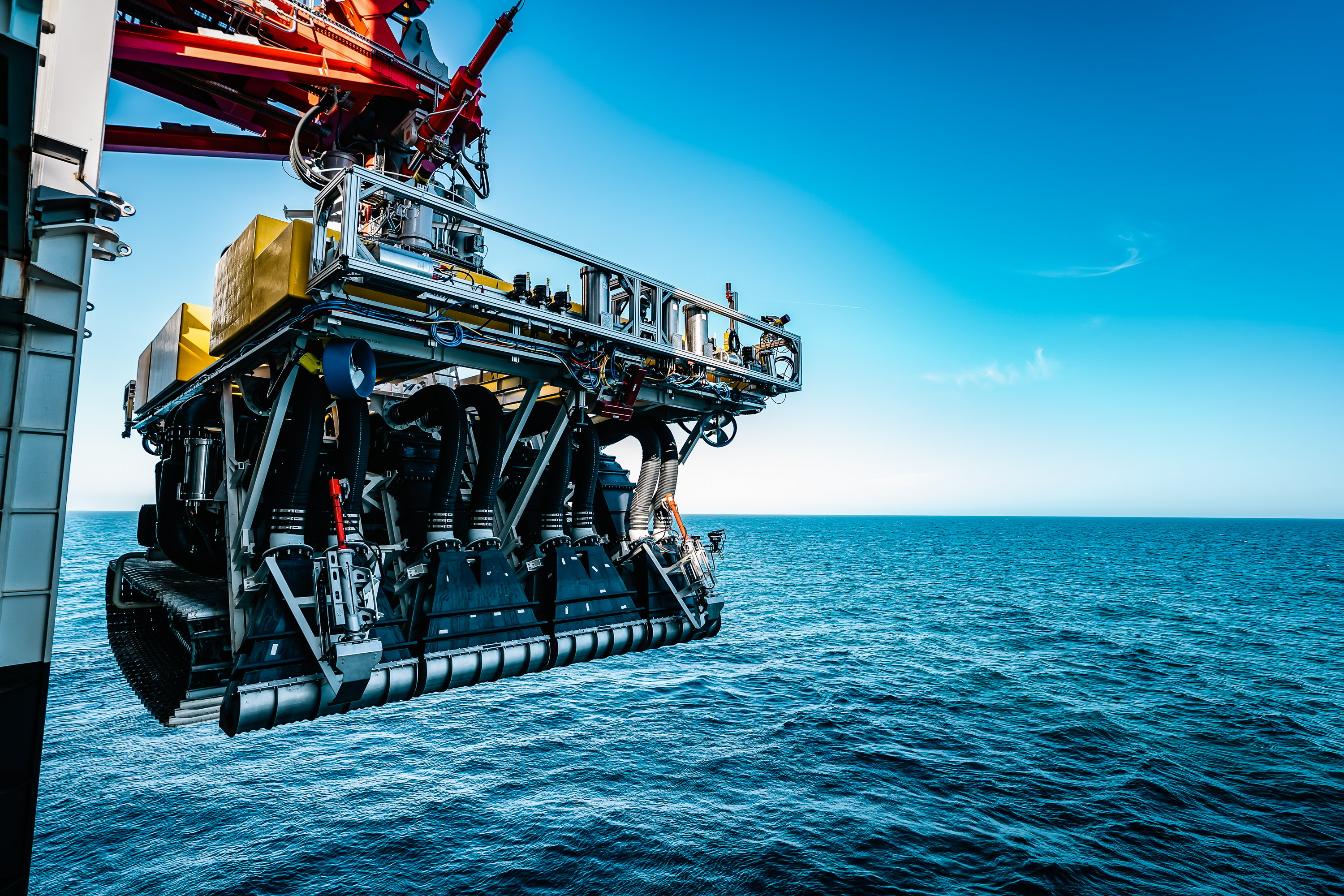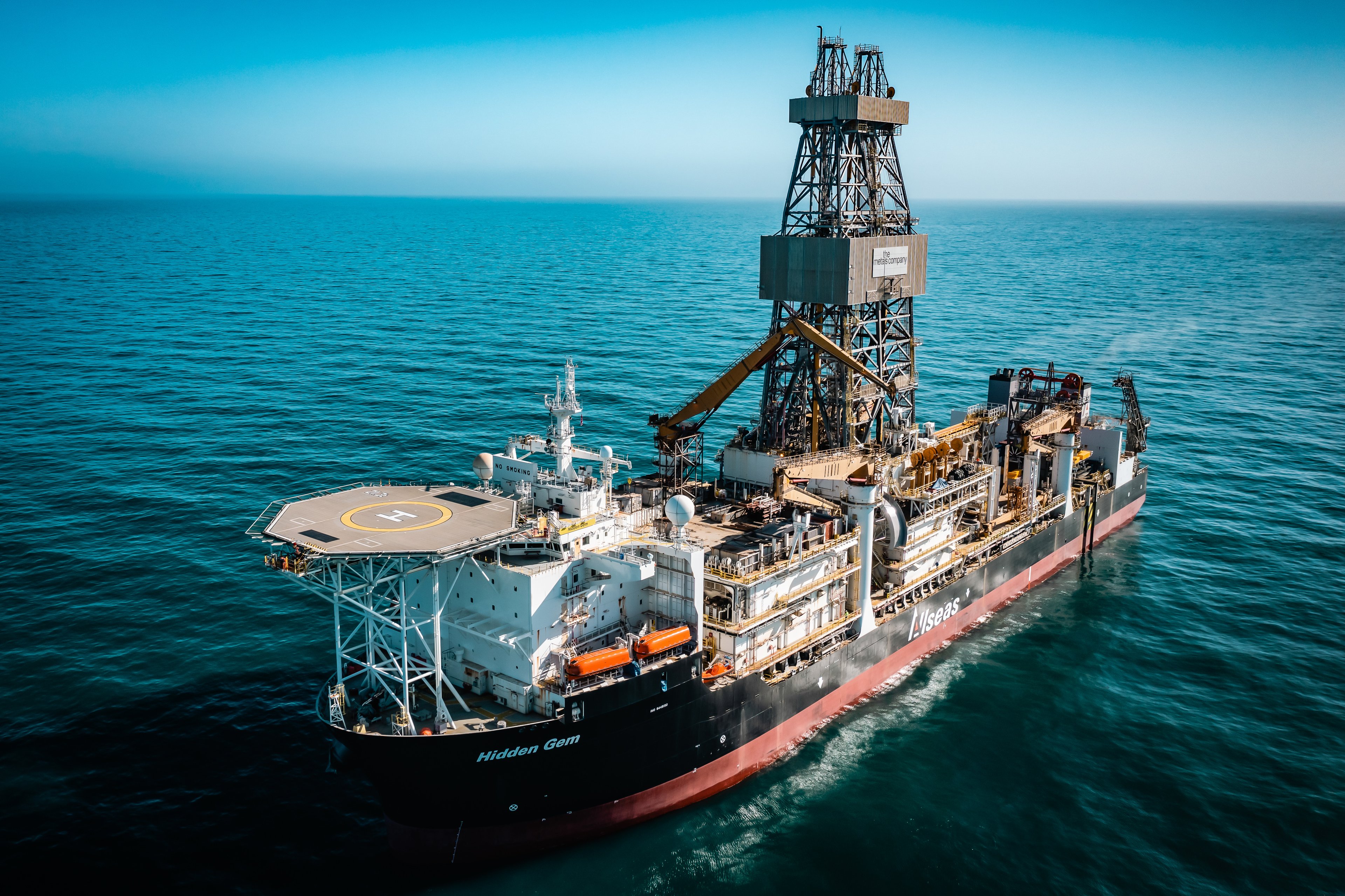From electric vehicle (EV) batteries to wind turbines to advanced medical devices, rare-earth metals sit at the center of nearly every major technological shift in the 21st century. The problem? They're concentrated in just a handful of countries, with the lion's share of processing capacity in China. It's a concentration of power that has governments and companies alike scrambling to secure non-Chinese sources before a trade dispute or export ban turns supply chains into choke points.
Enter, The Metals Company (TMC 2.69%), an early-stage mining company with a plan to scoop billions of tons of metal-rich rocks from the deep Pacific. If it works, these rocks (called "nodules") could feed the clean-energy supply chain for decades, not to mention give the U.S. and allies a rare chance to loosen China's hold on critical minerals.
But with the company yet to secure mining permits, and potentially years away from turning a profit, the gap between vision and reality is about as wide as the ocean the company is trying to mine. All things considered, can this metal stock generate $1 million from today's share price?

Image source: Getty Images.
Why deep-sea mining has investors talking
First, let's talk opportunity.
The Clarion-Clipperton Zone, where The Metals Company plans to operate, contains trillions of potato-sized polymetallic nodules. These small, metal-rich rocks contain nickel, manganese, copper, zinc, cobalt, and other minerals. In other words, they hold the building blocks for EV batteries, renewable power grids, advanced defense systems, and dozens of other uses.
The U.S. still imports roughly 80% of rare earths, and more than three-quarters of that comes from China. After leaping into the rare-metal business before most of the rest of the world, Beijing now controls about 70% of global rare-earth mining and nearly 90% of processing. Recent export restrictions on certain rare earths and magnets have only underscored the need for alternative sources.
But big hurdles remain
TMC's pitch is that deep-sea mining could deliver rare earths at scale without relying on land-based mines. The plan seems simple enough: With vacuum-like machinery, it'll pump nodules to the surface, process them in a seawater slurry, then discharge sediment back to the sea.
Locating nodules isn't a problem. The company has mapped and secured exploration rights to two massive swaths of the Clarion-Clipperton Zone. Its biggest hurdle, however, is getting permission to start mining. The key gatekeeper is the International Seabed Authority (ISA), a U.N.-linked body that sets the rules for mining in international waters. Currently, the ISA is still finalizing its rulebook, and, until it's finished, nobody's getting a commercial license.
For TMC, that could mean waiting months, maybe years, before the ISA gives it the green light. Any longer than a few years, and the company could burn through its cash reserves long before the first nodules surface.
That said, there is an unusual wrinkle with the ISA: The U.S. never ratified the treaty that created it. That could open the door -- narrowly -- for a U.S.-based company to bypass the ISA entirely if national interest is at stake.
TMC is currently trying to wedge its way though that gap. Earlier this year, it filed for a mining permit under an old U.S. offshore minerals law just days after a White House order revived political interest in rare earths. If it works, the company could have a head start that no other deep-sea miner currently has, effectively turning years of regulatory waiting into an open lane toward production.
Is The Metals Company a millionaire maker?
Let's do the math.
If you bought 1,000 shares of TMC at today's price ($5.32), your initial position would be worth about $5,320. For that to grow to $1 million, you would need a 188-fold gain from today's price, or a compound annual growth rate (CAGR) of 68.8% over a decade. That's extremely rare in public markets.

NASDAQ: TMC
Key Data Points
True, TMC has massive potential. But the company is still pre-revenue. Despite the fact that its market cap sits around $2.1 billion, it isn't generating commercial revenue, at least not meaningfully.
It's also burning cash. In the first quarter of this year, it reported a net loss of $20.6 million, or $0.06 per share. Although it claims to have about $43.8 million in total liquidity -- with $2.3 in cash -- that cushion could evaporate quick without a breakthrough on the permit front.
Don't get me wrong: TMC can disrupt the global supply of rare earths, if it can get its business off the ground and into the sea. But since its business model is still unproven, sentiment and expectations will drive the stock in the short term, which could make it volatile. It's one to keep on the radar, but without clear steps toward production, I'm not ready to anchor a large position here.





